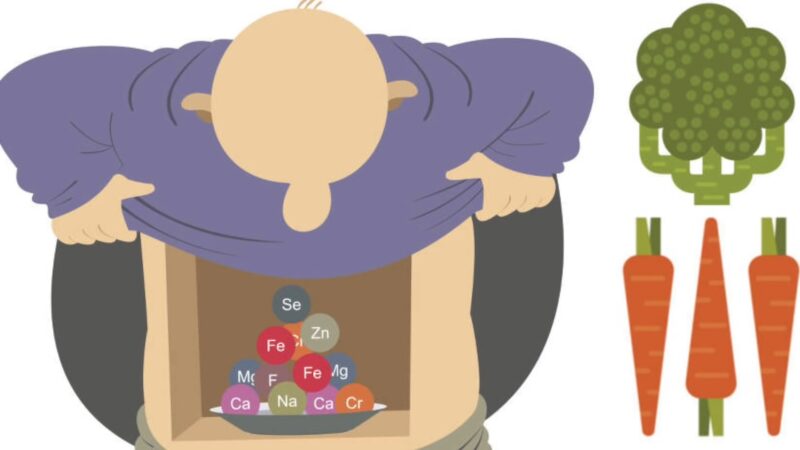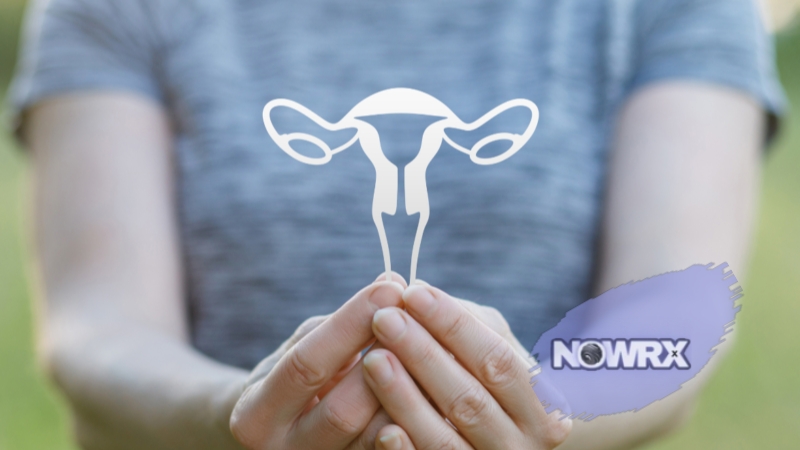Imagine your body as a complex machine. Just like a machine needs fuel and maintenance, your body needs vitamins to function properly. But how quickly do these vitamins start working once you take them?
This is not just a question of curiosity but of understanding your health better. The time it takes for vitamins to work varies based on several factors, including the type of vitamin, individual health, diet, and the specific health outcomes being targeted.

Types of Vitamins

Fat-soluble vitamins (A, D, E, and K)
Fat-soluble vitamins take longer to show effects because they are stored in the body’s fatty tissues and liver. It may take several days to weeks to notice changes[1]. These vitamins are stored in the body’s fatty tissues and liver, serving as a reserve that the body can draw upon.
They are absorbed along with dietary fats and require bile acids for absorption, highlighting the importance of a balanced diet for their effective utilization. Their storage in the body means that they don’t need to be consumed daily, but they also pose a risk of toxicity if taken in excessive amounts. These can be a part of SAM, which is one of the forms of first aid.
| Vitamin | Role and Benefits | Deficiency Risks | Time to Notice Effects |
|---|---|---|---|
| A | Essential for vision and immune function | Night blindness, increased infection risk | Several days to weeks |
| D | Pivotal in bone health and immune function | Bone disorders | A few weeks to months |
| E | Antioxidant, protects cells from oxidative stress | – | Weeks to months |
| K | Important for blood clotting and bone metabolism | Bleeding diathesis, bone weakness | Days to weeks |
Water-soluble vitamins (C and B-complex)
Water-soluble vitamins are not stored in the body and are excreted in urine[2]. Effects can often be noticed more quickly, usually within days to weeks. Water-soluble vitamins dissolve in water and are not stored in the body, necessitating regular intake to maintain adequate levels.
Excess amounts of these vitamins are excreted in urine, which generally reduces the risk of toxicity compared to fat-soluble vitamins. They play crucial roles in energy production, nerve function, and the maintenance of healthy skin, hair, and liver.
| Vitamin | Key Functions | Deficiency Effects | Noticeable Effects Timeline |
|---|---|---|---|
| Vitamin C | Immune function, Collagen production | Scurvy | Days to weeks |
| B-Complex Vitamins | Energy production, Neurological function, Red blood cell formation | Varies, depending on the specific B vitamin | Weeks |
Final Thoughts
Vitamins play a vital role in our health, but they are not magic pills. The key is consistency and understanding that benefits manifest over a certain period.
Keep nourishing your body with the right vitamins, and in time, you will feel the difference.
References:
1. Nutrients: Effect of Fat-Soluble Vitamins A, D, E and K on Vitamin Status and Metabolic Profile in Patients with Fat Malabsorption with and without Urolithiasis – https://www.ncbi.nlm.nih.gov/pmc/articles/PMC7601514/
2. Nutr Metab Insights: Relationship Between Urinary Concentrations of Nine Water-soluble Vitamins and their Vitamin Intakes in Japanese Adult Males – https://www.ncbi.nlm.nih.gov/pmc/articles/PMC4134006/
Drake Holloway, 45, is a pharmacist and freelance blog writer for NowRx.com. He uses his professional background to provide information and opinions on diverse subjects to those seeking guidance.
Related Posts:
- How Long Is A Prescription Good For? - When It Will Expire?
- How To Increase Deep Sleep: 8 Simple Strategies That Work
- What Does SAM Stand for In First Aid - An In-depth Guide!
- Does Phentermine Have to Be Prescribed by a Doctor?
- Taking Vitamins While Fasting - What You Need to Know
- What Is Mcg in Vitamins? - Potency and Dosage








